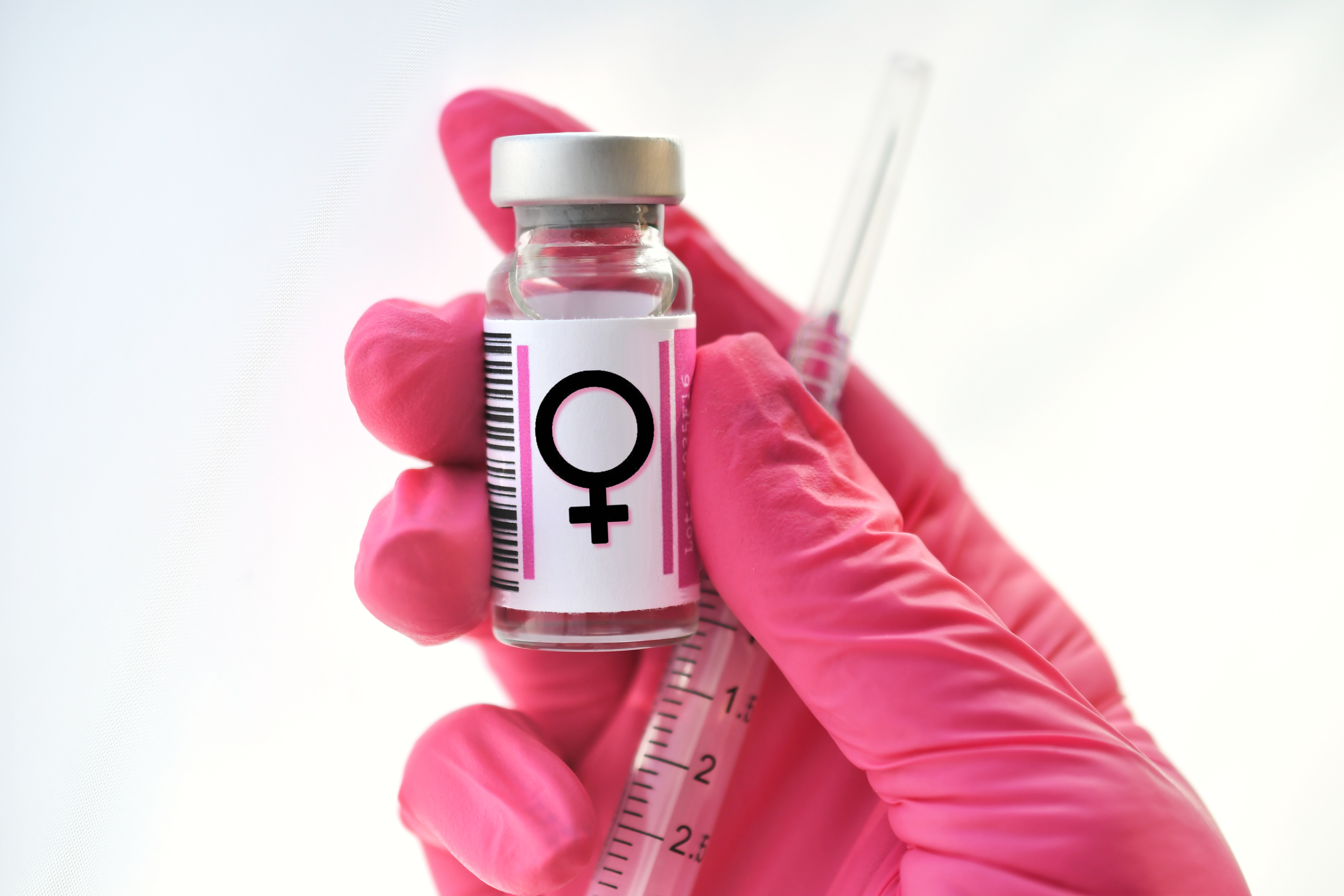10 Subtle Warning Signs of Breast Cancer You Shouldn’t Ignore
Breast cancer remains one of the most common cancers affecting women worldwide, with millions diagnosed each year. Despite the prevalence of this disease, many individuals remain unaware of the subtle warning signs that could indicate an increased risk. Unlike more overt symptoms, these subtle signs often go unnoticed, allowing the disease to progress unchecked. Understanding these early indicators is crucial for early detection and treatment, which significantly improves survival rates. This article aims to shed light on ten such subtle warning signs, providing a comprehensive guide to recognizing potential risks. By increasing awareness, we can empower individuals to take proactive measures in their health journey, potentially saving lives through informed vigilance.
1. Familial Patterns: The Genetic Connection

Family history plays a significant role in breast cancer risk. If a close relative, such as a mother, sister, or daughter, has been diagnosed with breast cancer, your risk may be higher. This familial pattern can be attributed to inherited gene mutations such as BRCA1 and BRCA2. These genes, when functioning normally, help repair DNA damage and prevent tumor development. However, mutations can impair their protective function, increasing cancer risk. Understanding your family's medical history is an essential step in assessing your risk. Genetic counseling and testing can provide further insights, allowing for personalized risk management strategies. By recognizing this subtle sign, individuals can make informed decisions about screening and preventative measures.
2. Hormonal Influences: The Role of Estrogen

Hormones, particularly estrogen, play a vital role in breast cancer development. Prolonged exposure to estrogen, whether through early menstruation, late menopause, or hormone replacement therapy, can increase breast cancer risk. Estrogen promotes cell division in breast tissue, and excessive or prolonged exposure can lead to mutations and cancerous growths. Women with higher lifetime exposure to estrogen should be particularly vigilant. Understanding the hormonal influences on breast cancer can guide lifestyle and medical decisions, such as the use of hormone replacement therapies. Regular discussions with healthcare providers about hormonal health can help manage this risk factor effectively, highlighting the importance of hormonal balance in cancer prevention.
